
Balancing AI innovation with environmental responsibility
EcoOnline’s David Picton on how businesses can successfully negotiate the trade-offs between the promises of AI and their progress towards net zero.

EcoOnline’s David Picton on how businesses can successfully negotiate the trade-offs between the promises of AI and their progress towards net zero.
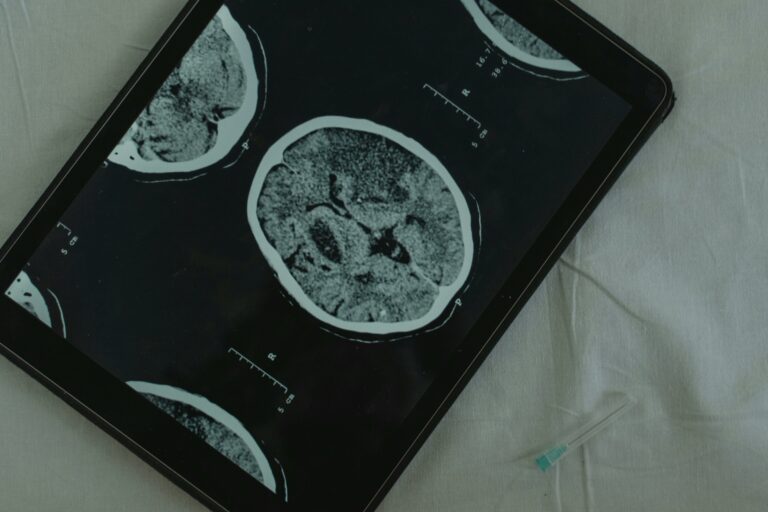
Sapio Sciences CEO predicts key advancements in diagnostics, mental health, and physician support

Explore the cultural shift in tech brand experiences, focusing on how innovation shapes society, influences marketing, and emphasises ethical practices, trust, and cultural awareness for success.

AI’s exponential growth fuels soaring data center demand, straining power grids and ecosystems. Sustainable infrastructure and circular economy solutions can mitigate AI’s environmental impact while benefiting local communities.

Seizo Onoe of International Telecommunication Union explores how AI-powered agriculture can boost food security, optimise farming, and support sustainability—helping to feed a growing global population.
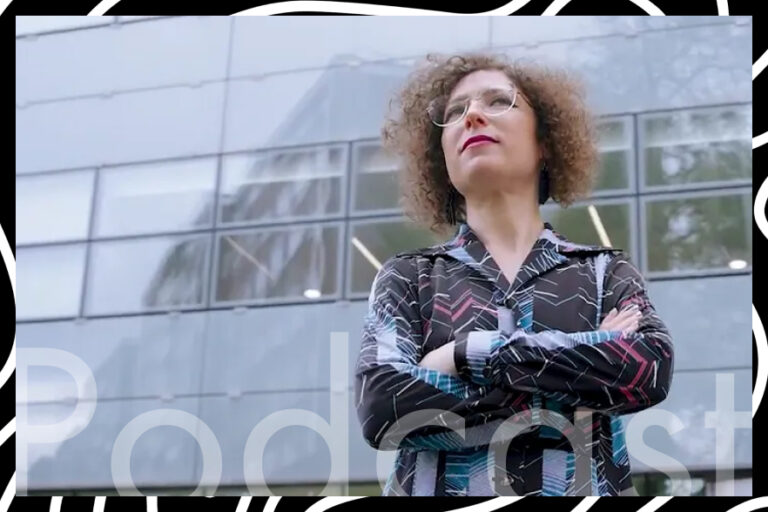
Dr Elinor Carmi, co-director of a new MSc in Data, Policy & Social Justice at City St George’s, University of London, on educating critical thinkers as policymakers of the future.

Alicia Staley, Chief Patient Officer at Medidata, highlights the need for diversity in clinical trials, exploring how AI and patient-centred technology improve accessibility and inclusivity.

Antony Paul, Global Product Head at Quadient, explores how effective communication and automation can help councils build trust and successfully implement smart city initiatives.

With rising data center demands, balancing energy efficiency and performance is crucial. AI offers a transformative solution, revolutionising how we optimise resources.
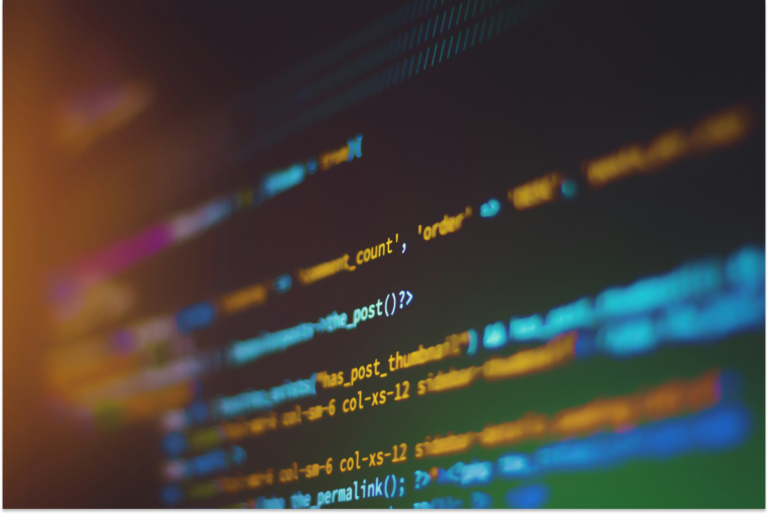
Dmitry Borodin, Head of Decision Analytics at Creditinfo, explores how AI and alternative data are transforming financial inclusion, helping underserved groups access credit and economic opportunities.

AI is revolutionising disaster response, from predictive analytics preventing crises to real-time data aiding relief efforts. Ethical AI solutions empower nonprofits, ensuring technology serves global humanitarian needs.

AI has the power to transform education, easing teachers’ workloads while enhancing learning. But trust, transparency, and public confidence are key to its success.

As AI reshapes industries, its impact on mental health is profound. While it disrupts jobs, it also fosters new opportunities. Human creativity remains irreplaceable.

Robust data management is crucial for disaster response. Accurate, real-time data enables swift decisions, preventing misallocated resources and delays that could cost lives.

AI can generate technically perfect images, but it lacks the human intuition, empathy, and connection that capture true emotion. Photography’s power lies in storytelling, not algorithms.

AI is revolutionising online content moderation by automating the detection of harmful materials like violence and abuse, while working alongside human moderators to ensure safety and compliance.

GoStudent founder Felix Ohswald on using artificial inteligence to upgrade student learning and the quality of teaching.

Felix Ohswald, CEO of GoStudent, explores AI’s transformative role in education, from early childhood learning to post-classroom tools, and its potential to enhance personalised, lifelong learning.

Stephen Foreshew-Cain, CEO of Scott Logic, explores how the UK public sector can overcome legacy IT, data silos, and skills gaps to successfully adopt AI and transform services.

5G and AI are revolutionising healthcare, enabling personalised, real-time care across the globe. From remote diagnostics to predictive health, they bridge gaps and save lives.

Generative AI and automation are revolutionising drug approval, enhancing compliance, efficiency, and speed in pharmaceutical processes, from discovery to regulatory reporting and patient safety.
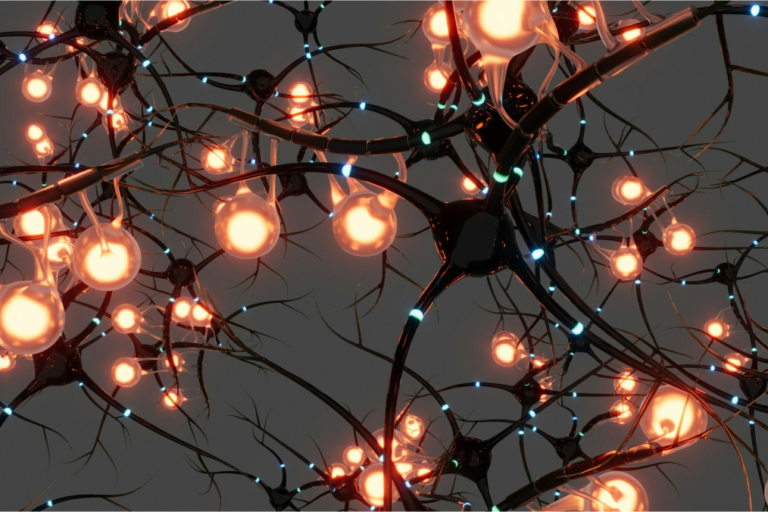
Neurodivergent individuals are vital for inclusive and ethical AI, offering unique skills that enhance problem-solving, improve data accuracy, and drive innovation in AI development.

Combining AI and blockchain revolutionises data security by enhancing integrity, anomaly detection, and automated responses. This synergy creates a robust foundation for safer, more efficient databases across various industries.

Novis Games, a Microsoft-supported startup, is using AI to transform games for the visually impaired.

AI and natural-language processing present a huge opportunity for stretched healthcare systems to transform their clinical day-to-day.
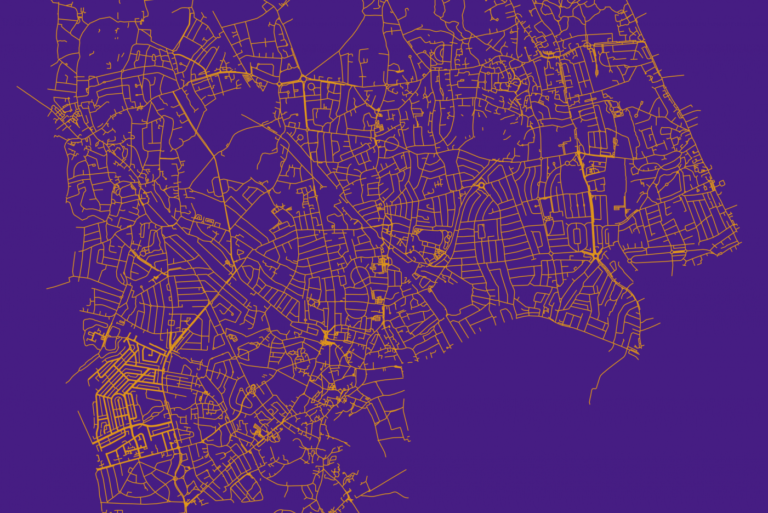
Harrow Council’s IT team take Tech For Good behind the scenes of a digital transformation programme that is improving the lives of its workers and residents.

Helpster’s 2024 report reveals how tech-driven healthcare funding is saving lives in underserved regions, proving that innovation and transparency can transform global health outcomes.

We head to Berlin, Glasgow and Bristol to find out how clubs are embracing sustainability

Healthcare leaders must adopt an “everything data” mindset, writes Gartner’s Laura Craft

The NHS’ Federated Data Platform faces scrutiny over privacy and requires robust data security

Gordie Ross is a video games developer in the burgeoning education gaming space. In this podcast, Gordie explains why gaming should be a fundamental part of our education systems.

Aaron Simpson is founder of social enterprise Kindred.
In this podcast, Adam reveals how Kindred’s technology supports charities and why companies of the future will be measured by their positive impact over shareholder value.

EcoOnline’s David Picton on how businesses can successfully negotiate the trade-offs between the promises of AI and their progress towards net zero.

Sapio Sciences CEO predicts key advancements in diagnostics, mental health, and physician support

Explore the cultural shift in tech brand experiences, focusing on how innovation shapes society, influences marketing, and emphasises ethical practices, trust, and cultural awareness for success.

AI’s exponential growth fuels soaring data center demand, straining power grids and ecosystems. Sustainable infrastructure and circular economy solutions can mitigate AI’s environmental impact while benefiting local communities.

Seizo Onoe of International Telecommunication Union explores how AI-powered agriculture can boost food security, optimise farming, and support sustainability—helping to feed a growing global population.

Dr Elinor Carmi, co-director of a new MSc in Data, Policy & Social Justice at City St George’s, University of London, on educating critical thinkers as policymakers of the future.

Alicia Staley, Chief Patient Officer at Medidata, highlights the need for diversity in clinical trials, exploring how AI and patient-centred technology improve accessibility and inclusivity.

Antony Paul, Global Product Head at Quadient, explores how effective communication and automation can help councils build trust and successfully implement smart city initiatives.

With rising data center demands, balancing energy efficiency and performance is crucial. AI offers a transformative solution, revolutionising how we optimise resources.

Dmitry Borodin, Head of Decision Analytics at Creditinfo, explores how AI and alternative data are transforming financial inclusion, helping underserved groups access credit and economic opportunities.

AI is revolutionising disaster response, from predictive analytics preventing crises to real-time data aiding relief efforts. Ethical AI solutions empower nonprofits, ensuring technology serves global humanitarian needs.

AI has the power to transform education, easing teachers’ workloads while enhancing learning. But trust, transparency, and public confidence are key to its success.

As AI reshapes industries, its impact on mental health is profound. While it disrupts jobs, it also fosters new opportunities. Human creativity remains irreplaceable.

Robust data management is crucial for disaster response. Accurate, real-time data enables swift decisions, preventing misallocated resources and delays that could cost lives.

AI can generate technically perfect images, but it lacks the human intuition, empathy, and connection that capture true emotion. Photography’s power lies in storytelling, not algorithms.

AI is revolutionising online content moderation by automating the detection of harmful materials like violence and abuse, while working alongside human moderators to ensure safety and compliance.

GoStudent founder Felix Ohswald on using artificial inteligence to upgrade student learning and the quality of teaching.

Felix Ohswald, CEO of GoStudent, explores AI’s transformative role in education, from early childhood learning to post-classroom tools, and its potential to enhance personalised, lifelong learning.

Stephen Foreshew-Cain, CEO of Scott Logic, explores how the UK public sector can overcome legacy IT, data silos, and skills gaps to successfully adopt AI and transform services.

5G and AI are revolutionising healthcare, enabling personalised, real-time care across the globe. From remote diagnostics to predictive health, they bridge gaps and save lives.

Generative AI and automation are revolutionising drug approval, enhancing compliance, efficiency, and speed in pharmaceutical processes, from discovery to regulatory reporting and patient safety.

Neurodivergent individuals are vital for inclusive and ethical AI, offering unique skills that enhance problem-solving, improve data accuracy, and drive innovation in AI development.

Combining AI and blockchain revolutionises data security by enhancing integrity, anomaly detection, and automated responses. This synergy creates a robust foundation for safer, more efficient databases across various industries.

Novis Games, a Microsoft-supported startup, is using AI to transform games for the visually impaired.